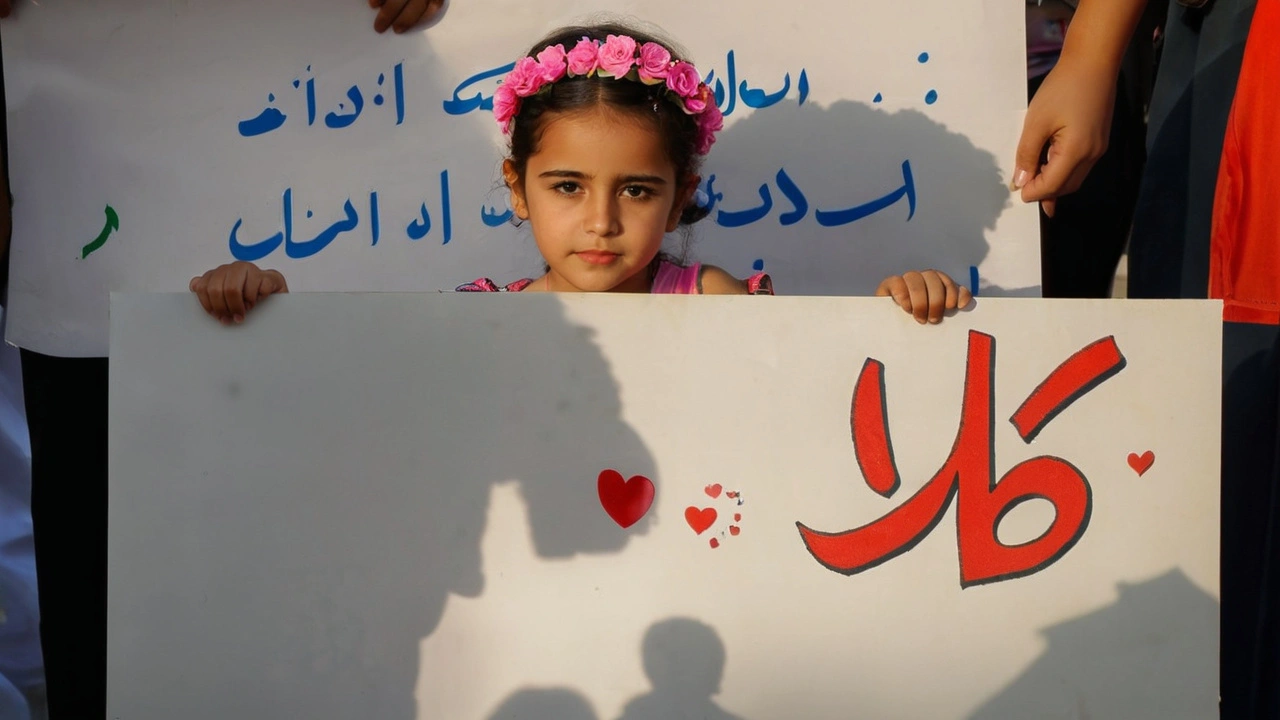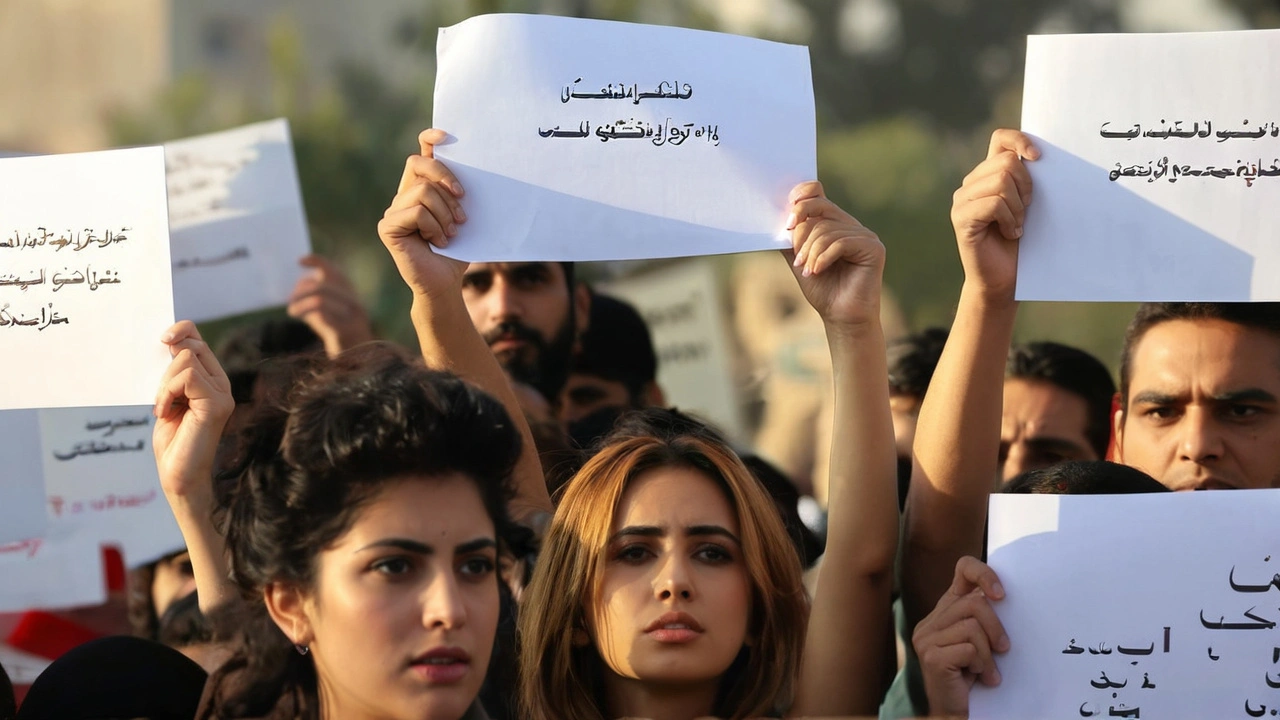Iraqi Proposal to Lower Legal Marriage Age Faces Backlash
A troubling new proposal in the Iraqi parliament aims to reduce the legal marriage age for girls from 18 to just nine years old. This controversial bill has ignited a firestorm of criticism and concern, drawing sharp opposition from a multitude of civil society groups and human rights organizations.
The proposed legislation is backed by conservative Shia blocs in the parliament who argue that it aligns with certain interpretations of Islamic law. However, critics argue fiercely that such a drastic change would severely undermine gender equality and violate constitutional rights designed to protect minors. The societal implications are vast, as lowering the marriage age to nine could potentially drag Iraqi women’s rights back into the dark ages, restricting their freedom and access to opportunities.
Criticism from Human Rights Organizations
Human rights organizations and activists have been vocal in their condemnation of the proposal. They argue that the legislation would not only violate the rights of young girls but also act as a catalyst for further community division. With the possibility of marriage being conducted through unofficial religious ceremonies, without legal documentation, many young girls could find themselves stripped of their essential rights and protections. This leaves them vulnerable to exploitation and abuse, exacerbating an already precarious situation for women's rights in the region.
International Response
The international community’s response has been swift and unequivocal. The United Nations, alongside various global human rights groups, has condemned the proposal, labeling it an affront to basic human rights and gender equality. This latest move is viewed by many as part of a broader trend toward extremist legislation aimed at suppressing women’s rights.
Potential Consequences
If passed, this legislation could have dire consequences that transcend domestic boundaries. It could further isolate Iraq from the international community and jeopardize its relations with countries advocating for human rights and gender equality. It could also serve as a dangerous precedent for other countries contemplating similar regressive laws. The societal implications of such a law are profound. For example, young girls would be thrust into marriages before they are emotionally or physically ready, often paired with significantly older men. The option of continuing their education would be effectively nullified, robbing them of the chance for a brighter future and perpetuating cycles of poverty and illiteracy.
Community Impact
The potential for undocumented marriages could create a legal quagmire and vitiate efforts to safeguard women and children. Legal documentation is crucial for securing rights such as inheritance, custody, and alimony, making its absence a significant hurdle. This move could widen the already existing socio-economic disparities and foment further division within the community.
Uncertain Fate of the Proposal
While the proposal's fate remains uncertain, the widespread opposition it has encountered suggests that it will face significant challenges before becoming law. The outcry from civil society, international organizations, and a significant portion of the Iraqi population underscores the deep-seated resistance to such regressive changes. Yet, the mere proposal of such a law speaks volumes about the current political climate in Iraq and the ongoing battle for women's rights in the country.

Broader Implications
This push for lower marriage ages is part of a broader trend toward extremist legislation in Iraq. Recent years have seen numerous proposed laws that seek to curtail the rights of women and enforce stricter religious doctrines. Each proposal not only works to restrict the freedoms of Iraqi women but also serves as a barometer for the overall direction of the country’s legislature.
Conclusion
The proposal to lower the legal marriage age to nine has sparked a vital global conversation about the need to uphold and protect human rights and gender equality in Iraq and beyond. While it remains to be seen whether this legislation will pass, the overwhelming opposition it has garnered stands as a testament to the enduring fight for women's rights. This is a battle not just for Iraq, but for the universal principles of equality, justice, and human dignity.
